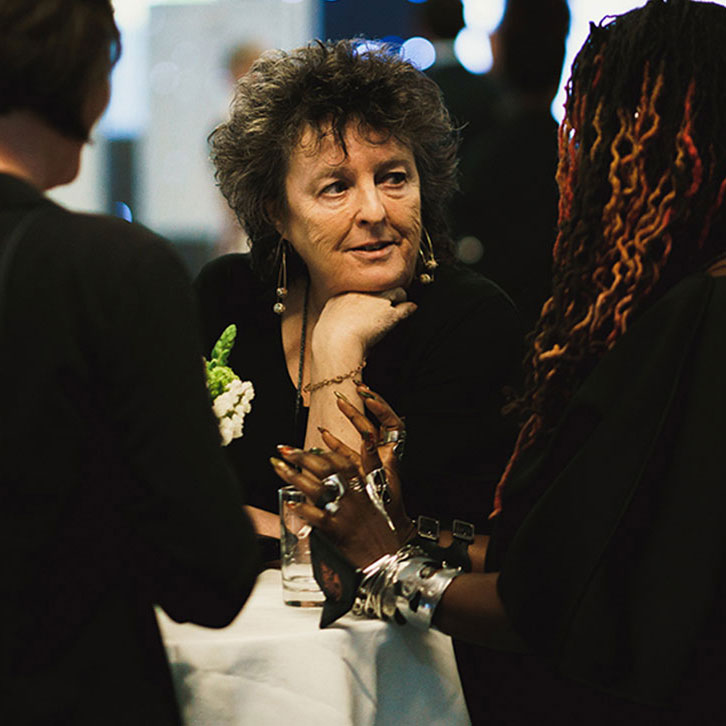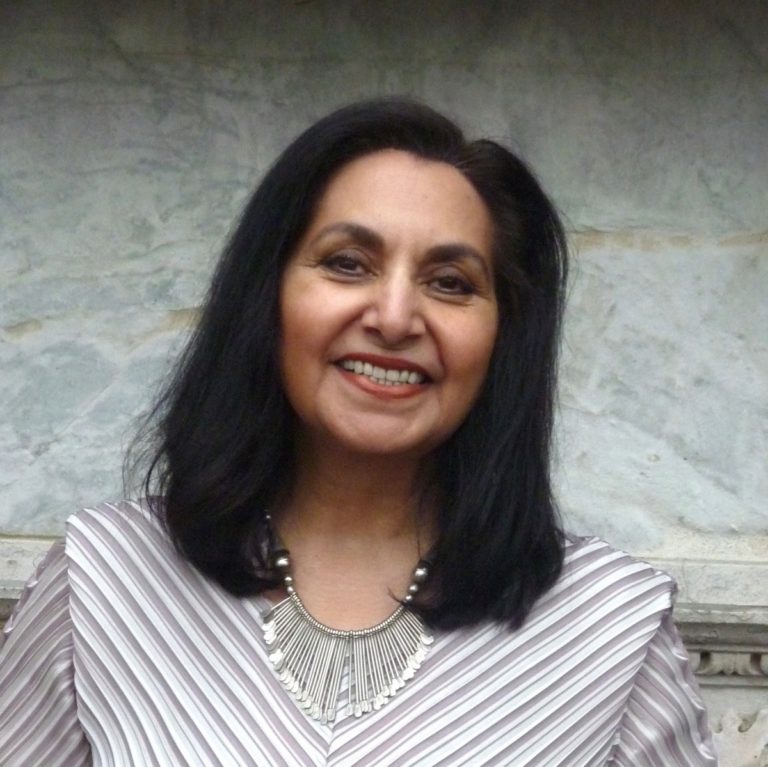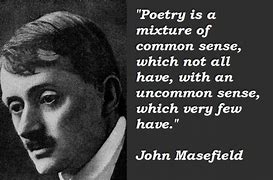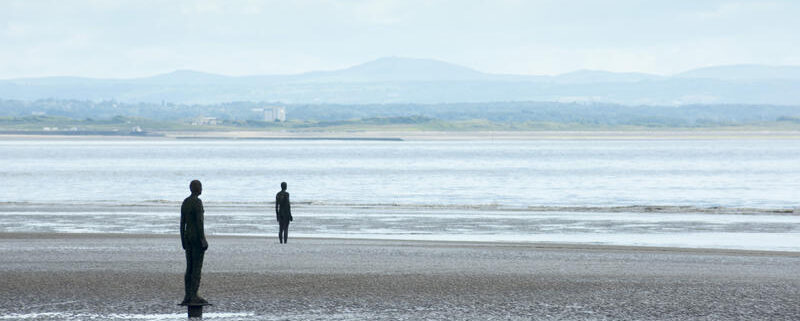day 2 of 5 of Sidetracks & Detours inaugural annual not literally JoinedUpReadingAndWriting Festival STAY WRITE WHERE YOU ARE
day 2 of 5 of Sidetracks & Detours inaugural annual not literally
JoinedUpReadingAndWriting Festival
STAY WRITE WHERE YOU ARE
by Norman Warwick

Former UK poet laureate, Carol Ann Duffy, (right) last year launched an international poetry project along with other well-loved poets like Roger McGough.
Also among the plethora of poets involved were names familiar to regular visitors to the annual Rochdale Literature And Ideas Festivals, including Imtiaz Dharker (who was introduced there by Carol Ann herself) and father and son poets Ian and Andrew McMillan who have each appeared more than once at the festival. Jackie Kay and others were all on board, too.
The former poet laureate hopes the project, entitled Write Where We Are Now, will ´provide an opportunity for reflection and inspiration in these challenging times, as well as creating a living record of what is happening as seen through our poets’ eyes and ears, in their gardens or garrets´.
Duffy’s own poem, Hands, was written on 26 March 2020 at a time when we were all publicly applauding the NHS staff every Thursday evening. The poet described it by noting, ´we clap at the darkness´, and on how she could see the hands of her absent daughter ´when I put my head in my own”. Another contribution from the Scottish poet takes a fiercer tone: Since You Ask sees her ´´ Scunnered, stymied, shafted, shaded, / shat on from a great height, spaffed, spooked.´ It ends: ´OK, OK, OK. Onwards.´

Hands by Carol Ann Duffy
We clap at the darkness.
I hearken for the sound
of my daughter’s small hands,
but she is miles away…
though I can see her hands
when I put my head in my own.
In Garden, Andrew McMillan wrote of how at first the dead ´were few / enough to name them / but soon they grew too many / the vast fields of them´.
Duffy spearheaded the project with the Manchester Writing School at Manchester Metropolitan University. Other contributors ranged from new and emerging poets to award-winners Raymond Antrobus and Andrew McMillan, and some of British poetry’s biggest names, such as Gillian Clarke and Jackie Kay.
´We need the voice of poetry in times of change and world-grief. A poem only seeks to add to the world and now seems the time to give,´ said Duffy, who is creative director of the MMU writing school.
In Cranes Lean In, Dharker recalls a phone call with her daughter while she looks over a London in lockdown: ´Petals brush my face. / You say at last // the cherry blossom / has arrived // as if that is what / we were really waiting for.´
She wrote it, she said, ´standing at a window looking out over the marooned city. London had stopped its eternal building and the streets and stations were becalmed´.
´That was the day it suddenly came home to many mothers what this meant, this strange waiting time without their children´. Dharker went on. ´I could hear the phone calls all over the world, people separated and searching for words of hope and consolation to give each other. The words my daughter gave me were about kindnesses, and something we had both been waiting for: the cherry trees blossoming in the parks and streets of London´.

Cranes Lean In
by Imtiaz Dharker
Cranes lean in, waiting for an all-clear
that will not come.
Forehead pressed to glass,
phone at my ear, I learn
to sail on your voice
over a sadness of building sites,
past King’s Cross, St Pancras,
to the place where you are.
You say nothing
is too far, mothers
will find their daughters,
strangers will be neighbours,
even saviours
will have names.
You are all flame
in a red dress.
Petals brush my face.
You say at last
the cherry blossom
has arrived
as if that is what
we were really waiting for.

Andrew McMillan, winner of the 2015 Guardian first book award and a contributor alongside his father, Ian, said it was ´really important to record, as a continuing historical document, the times we’re living through´.
´I’ve always believed a poet’s job is to be a witness, and this is just another example of that´, said Andrew, who revealed he had found it very hard to write his poem.
“There are some things which feel beyond language, such as huge numbers of deaths, untold suffering, unmanageable fear. We’re dealing with abstracts and the first instinct within that is to reach for abstracts ourselves, but abstracts don’t make for good poetry´, he said. ´All I tried to do, and all I think any of us can do, is focus on something small and contained and concrete, and try to tell it that way´.
In 2020, writing a series for The Guardian, Carol Ann Duffy selected a poem to get us through lockdown: One of her choices was Ian McMillan´s Adult Fiction about the pangs of library closures as a safeguard against covid.
In Unbecoming Maramot, Romalyn Ante, an award-winning poet who works as an NHS nurse, writes after a shift: ´She walks an unlit road on her own, yet not alone. / Look at her now – night after night, shift after shift´.
TS Eliot-winning poet George Szirtes wrote a new poem every day for the project, while Moira Egan and David Tait contributed from lockdown in Italy and China respectively.

Vice Chancellor, Manchester Metropolitan University
Professor Malcolm Press, vice-chancellor of Manchester Metropolitan University, called the initiative inspiring. ´I am sure that these outstanding poems will voice the sentiments and feelings that many of us around the world will share´´. he said. ´At the same time, I am confident that these innovative and imaginative works will inspire creativity and hope´.
The collection features poems written from the earliest stages of the pandemic up until 30th June 2020. The poems are presented in date order and each includes a note about where it was written. They will remain online as a permanent creative, historical and sociological record of these extraordinary and challenging times.
These poems reflect the raw, and often emotive, situation in which many people found, and still do find, themselves so reader discretion is encouraged. Views expressed in poems featured in WRITE Where We Are NOW are those of the individual poet and not Manchester Metropolitan University.
Readers are welcome and encouraged to share any of the poems from the collection, or their own creative responses, using #WWWAN on social media. Manchester Poetry Library will be collecting and archiving these public poems.
Manchester Poetry Libraryat Manchester Metropolitan University is opening in 2020. As the North West’s first public poetry library, it will host a collection of contemporary poetry and a programme of exhibitions, events and performances where language is celebrated in all its diversity. To find out more about opportunities available, visit: https://www.mmu.ac.uk/poetrylibrary/
The Manchester Writing School at Manchester Metropolitan is one of the UK’s most successful literary centres, and home to the country’s largest postgraduate English and Creative Writing community with more than 95 published alumni. The School also offers short courses, events and international writing competitions. To find out more, visit: https://www.mmu.ac.uk/english/mcr-writing-school/
You are invited to share your own creative responses on Twitter using #WWWAN, where you will also be able to read other poems inspired by WRITE Where We Are NOW. Manchester Poetry Library invite everyone who has shared their poems using the hashtag to submit their work to our new archive. This archive is also there for anyone who does not have or wish to use social media. The WWWAN archive will be there to make sure the record of experiences is properly kept. This doesn’t rule out future publication, but the aim right now is simply to bring these poems together and make sure they will be available for future generations. Check web site to learn how to submit your work.
This sounds a fantastic project but the very fact that it is difficult to place in a time frame shows how open ended things still are concerning when the coronavirus first was noted and when, if ever, we will be able to say it is no more. Vaccines notwithstanding we will remain in fear of fellow human beings and far away from what we accepted as normality until we ALL feel safe that we neither receive nor give the coronavirus and its deviant forms to others.
It is by coincidence that I am posting this piece in a week when tourists from some countries are returning, in still small numbers, to holiday here on Lanzarote and whilst we remain in a level 2 phase of lockdown, meaning at this stage our restrictions have not yet been as loosened as they have in the UK. In terms of global travel, it seems, many of us are still stuck in traffic, waiting for the lights to turn green.

Whilst waiting, a half-buried but treasured memory has re-surfaced for me during these times. I made my first visit to Antony Gormley´s Another Place installation on Crosby sands on a cold and rainy November day about ten years or so ago. The miles of beach were seemingly deserted of human form other than that of my wife and I, and yet somehow we felt we were not alone. The stoic statues stood still, gaze fixed out to sea, but we didn´t know whether they were saying farewell to ones departed or awaiting the homecoming of ones returning. There was an eerie silence save for the muffled drums of the waves at the lowest ebb of the tide and the echoed keening howls of the wind off the North Sea. For some reason that image throughout the pandemic has walked the backroads of my mind accompanied by a softly spoken, but fiercely determined, rendition of Sea Fever by Masefield.
I am not sure what this collage of images mean, but as i stay here, right where I am, they are all that I see
Thank you for joining us today here at Sidetracks And Detours.

Tomorrow will be day 4 of 5 of our inaugural annual not literally a JoinedUpReadingAndWriting literary festival and we hope you will join us for the opening day of the biggest literature trial of the 21st century and the biggest since the one about the scandalous Lady Chatterley. The court is bound to be packed as the defence speaks out against those who accuse our contemporary writers of being overpaid and underworked; We here in the office plead not guilty m´Lord.
So come follow your art tomorrow, down the corridors of creative writing through the loopholes of the law and down the sidetracks and detours of evidence from the dock..
Of course, twelve of you might be roped in for jury service, so please don´t be late.




Leave a Reply
Want to join the discussion?Feel free to contribute!